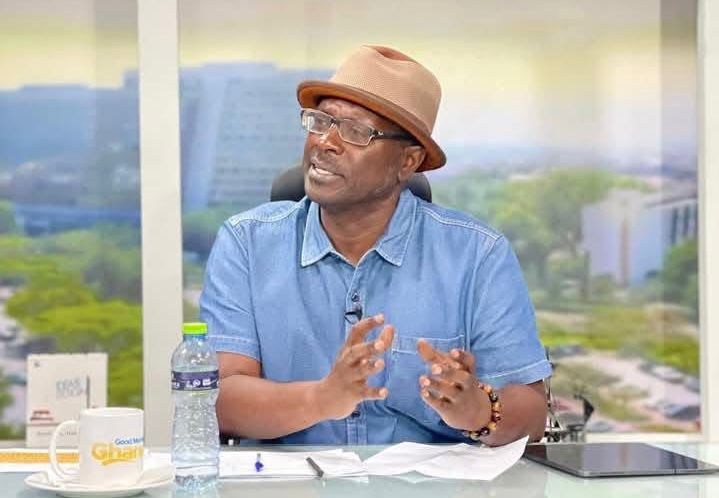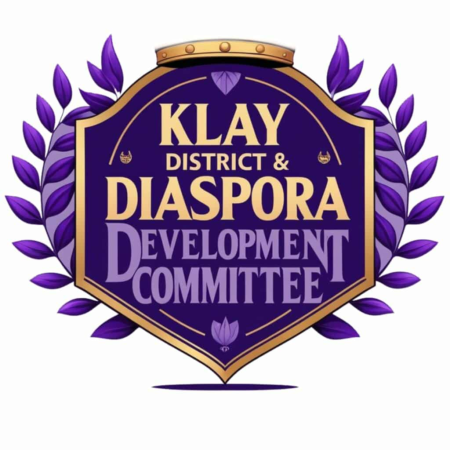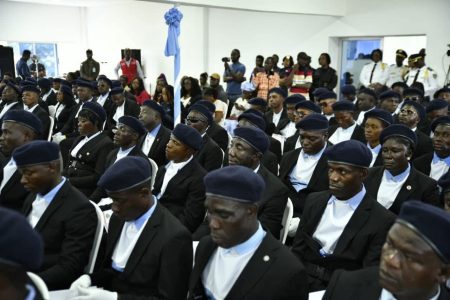Professor Stephen Kwaku Asare, a prominent Ghanaian legal scholar and social commentator widely known as Kwaku Azar, has expressed strong support for President John Dramani Mahama’s directive halting all state land transactions. Professor Asare characterized the directive as a bold, necessary, and long-overdue measure crucial for addressing the deeply entrenched corruption and mismanagement that has plagued Ghana’s public land administration for years. He urged Ghanaians to transcend partisan politics and unite behind this vital initiative, emphasizing its significance in reclaiming public assets and ensuring responsible land governance. This call for public support comes in response to criticism from the opposition New Patriotic Party (NPP) Minority in Parliament, who argue that the ban will negatively impact private sector operations and reduce revenue for the Lands Commission.
Professor Asare’s endorsement underscores the widespread concern over the rampant corruption and irregularities that have characterized state land transactions. He argues that the President’s directive, while potentially causing short-term inconvenience to some individuals and businesses, is a necessary step to dismantle the systemic rot within the land administration system. This “rot,” as he describes it, involves a complex web of illicit activities, including insider dealing, self-enrichment by public officials, and abuse of office, all of which have resulted in the loss of valuable public lands, particularly in prime urban areas. The professor contends that these are not isolated incidents but rather represent a deeply ingrained pattern of misconduct that requires decisive action to rectify.
The President’s directive, issued on January 10, 2025, mandates the Lands Commission to suspend all sales, leases, and processing of public lands. This comprehensive freeze on land transactions aims to provide a window of opportunity to thoroughly investigate and address the numerous questionable land allocations that have occurred. By temporarily halting all transactions, the government aims to sanitize the system, identify and recover illegally acquired lands, and implement measures to prevent future abuses. President Mahama has framed this action as a crucial step towards restoring integrity and transparency to the management of public lands, a resource of immense value to the nation.
Professor Asare’s stance highlights the urgency of addressing the long-standing issues surrounding public land administration in Ghana. He argues that the potential short-term disruptions caused by the ban are far outweighed by the long-term benefits of reclaiming misappropriated public assets and establishing a more transparent and accountable system. The ongoing debate surrounding the directive underscores the tension between the need for immediate action to curb corruption and the potential economic implications of restricting land transactions. Professor Asare’s intervention emphasizes the importance of prioritizing the long-term interests of the nation over short-term gains and partisan considerations.
The controversy surrounding the land transaction ban reveals the deep-seated challenges in managing public resources in Ghana. Allegations of corruption, insider dealing, and lack of transparency have eroded public trust in the land administration system. The President’s directive, while drastic, signifies a commitment to tackling these issues head-on. The success of this initiative will depend on the government’s ability to conduct thorough investigations, recover misappropriated lands, and implement robust measures to prevent future abuses. The public’s support, as advocated by Professor Asare, will be crucial in ensuring the effectiveness and sustainability of these reforms.
Ultimately, the debate over the state land transaction ban reflects a larger conversation about governance, transparency, and accountability in Ghana. The outcome of this situation will have significant implications for the future management of public resources and the public’s trust in government institutions. Professor Asare’s call for unity and support for the President’s directive emphasizes the need for a collective effort to address these critical issues and build a more equitable and transparent system for managing Ghana’s valuable land resources. The long-term success of this initiative hinges on the government’s ability to translate its commitment into concrete actions and implement lasting reforms that safeguard public assets for the benefit of all Ghanaians.














